Inaccessible Once Again
How Normalizing the Pandemic Affects the Disabled

I was 19 going on 20 when the COVID-19 pandemic first swept throughout America.
As a college student, we all thought we'd get an extra week of spring break. Looking back, our lives were changed in an instant.

Rapidly, the idea went from "an extra week of break" to lockdowns, transitions to online courses, and a global outbreak that's taken the lives of more than 6,873,477 people as of March 16.
It was a terrifying and devastating time to be alive. I say "was" because, for many people, the pandemic is essentially over. They are healthy, vaccinated, and/or able to resume life largely as it was before.
COVID has become normalized like the flu or pneumonia. So many people live day to day without worry.

They walk around without masks, unvaccinated, attend parties and large gatherings-all without fear.
Essentially, COVID has become normalized.
This has 2 devastating outcomes for anyone who doesn't fall into the perfectly healthy category:
1. For the first time, COVID procedures made life accessible to disabled and chronically ill people.
2. For the disabled/chronically ill, the battle isn't over. But it's highly ignored now by the rest of the world.
If you suffer from either of these-or any "pre-existing condition" (ie medical history)-then moving on with life as if COVID doesn't exist isn't a reality for you.

Yet, as soon as the virus became normalized among the healthy, disabled people knew we'd be forgotten and ignored.
For instance, moving many jobs online gave me opportunities that I could have never done in person-and will not be able to do as they transfer back to "on-site" mandates.
It also made healthcare more accessible. This doesn't just include your run of the mill doctor, but psychiatrists, therapists, and specialists who are often inaccessible to many disabled or ill people.
With everyone trapped at home, many people -for the very first time- got a taste of what a restricted life was like. They were housebound. They were bored, scared, suffering, and full of anxiety.
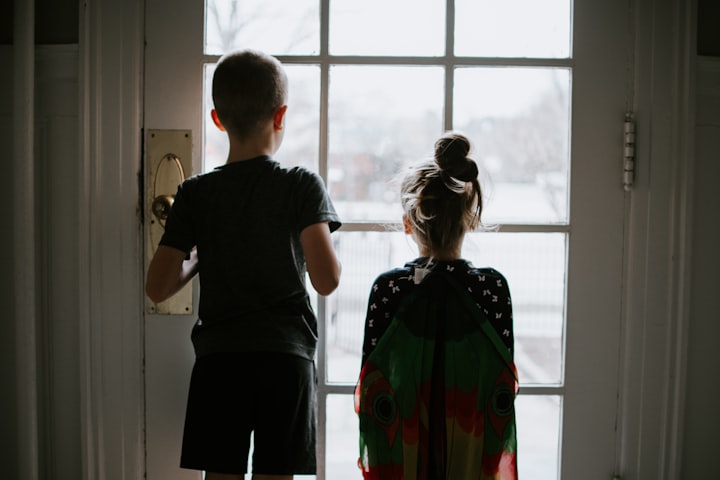
With everyone trapped at home, it allowed disabled/ill people to be somewhat normal in the world. For the first time in a long time, it brought the rest of the globe down to our level.
I find that many ill or disabled people actually functioned better during the pandemic than before or after (after is a very loose term, as I described above) because of this.
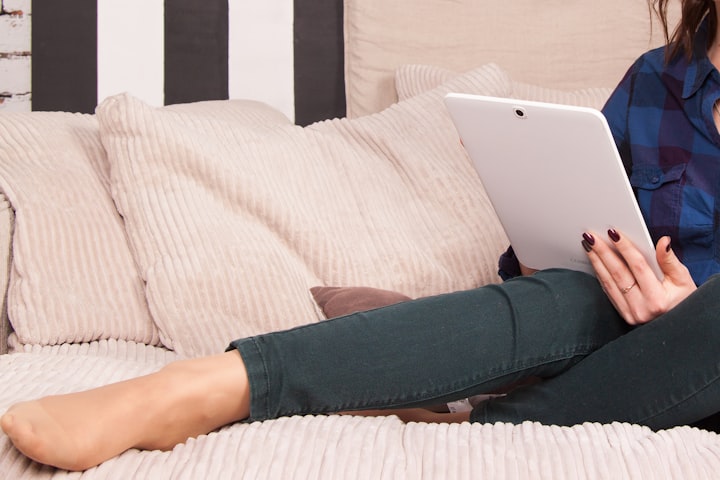
The world became more accessible.
Why? Because everyone needed it to be.
For a brief period in time, healthy people saw how restricting life could be. How much anxiety and fear it could hold. They had to find ways to work around limitations beyond their control.

All of these things are what disabled and ill people must do on a daily basis.
So, because these things were finally impacting the majority, changes were made to helps society function better. And for the large part, this greatly benefitted the disabled/ill community.
Yet, as we come up on the 3 year anniversary of the official impact of COVID on the US, I'm seeing many return to the way it was before.
Doctors, therapists, and psychiatrists no longer willing to work over Telehealth. Jobs are now being pulled back to limited locations again. Employers are demanding on-site attendance.

The opportunities that opened up for disabled and ill people during the pandemic are slowly but surely being shut down. Our means to "live normally" (a broad term) is being closed right in our faces.

The world is once again becoming inaccessible to these marginalized groups.
In a way, none of us are surprised. After centuries of polite ignorance from those not dealing with these issues, we expected nothing less.
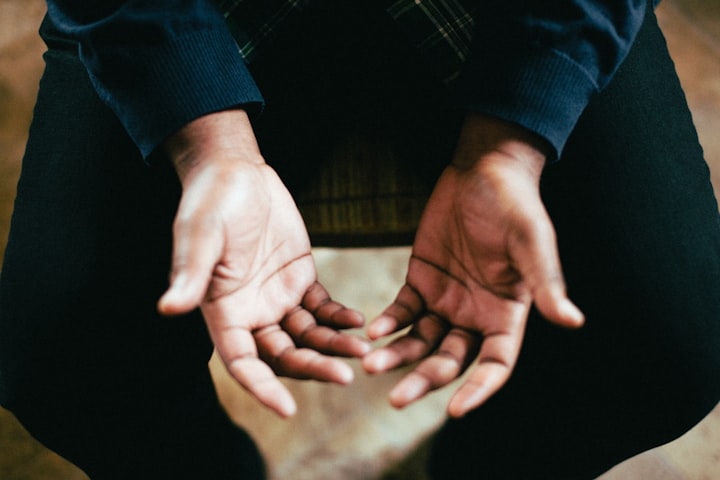
Once COVID became normalized, fear would fade and "healthy" people would be eager to return to life as it was before.
For many of them, spending weeks to months trapped at home was a nightmare-to those people I ask, how do you think we feel?
For others, it was a vacation to bake bread and enjoy Tiktok trends and slow down for a bit. To them I say, imagine if your body/ mind didn't allow you the freedom to enjoy that, but you endured pain and suffering daily anyway.
Yet, at the same time, it is a devastating loss for the community. So many people, myself included, greatly benefitted-and genuinely needed-the precautions and protections put in place during this time.

For the first time, it leveled the playing field.
We had accessible opportunities to things we never did before, like healthcare, schooling (online), and even job opportunities.
Now that we are seeing those protections and special circumstances rolled back, the world is slowly becoming inaccessible again.
This is for many reasons, but largely, because the pandemic isn't over for us.
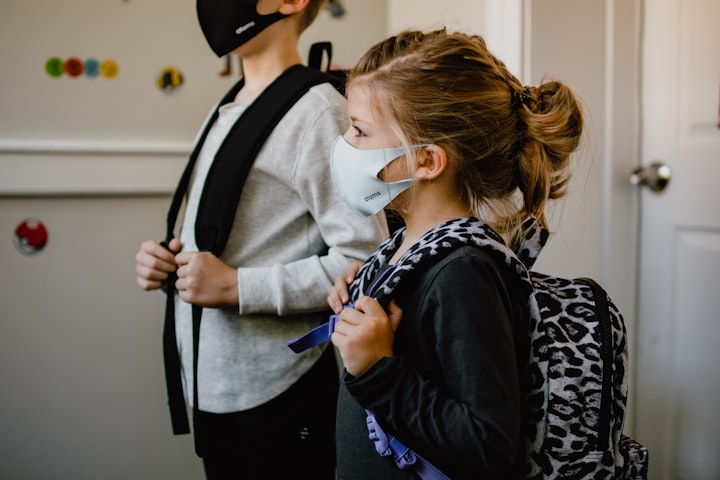
What has been politely termed "preexisting conditions," in reality, means medical history.
Why does this matter? Because it shifts the blame of our health issues back on us. It makes us responsible for things we cannot control.
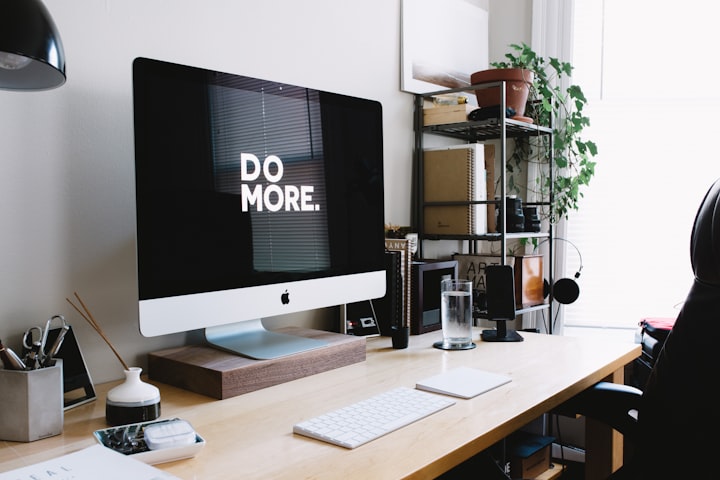
It carves us out as a "special circumstances" category that doesn't influence how decisions affecting healthcare, education, etc. are changed.
Yes, the general population may feel safe, but we certainly aren't. The real kicker? So many people have "invisible illnesses."
This essentially means I struggle with chronic illness or a disability, but since it cannot be seen by the naked eye, it's often invalidated.

To the outside world, we look healthy. So we (in theory) should be able to go to in person jobs, appointments, etc. But in reality, we can't. And by denying that truth, it erases our existence.
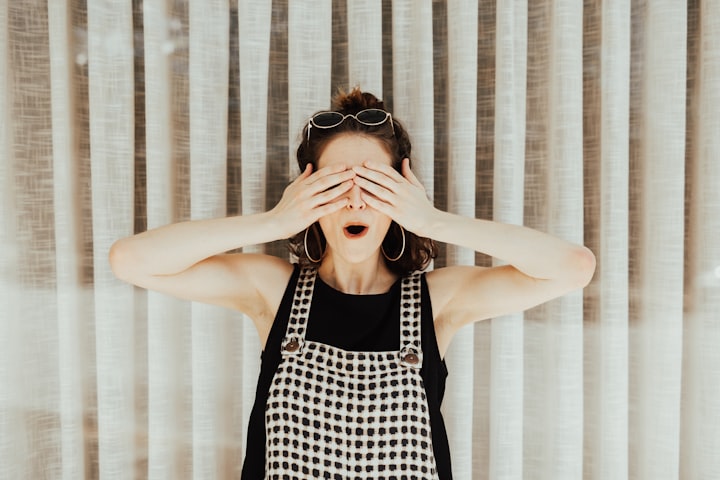
So, as many people plan to resume life, go on vacation, restart work on-site, and visit your annual doctor in person, there is a largely category of people who are slowly losing our protections.
Even with all the tragedy the past few years brought, it also brought accessibility and, to a certain degree, freedom. Now that is being stripped away.
About the Creator
Ashley Tripp
I’m a freelance writer & artist. I create pieces about the things that move me with the hopes that they move my readers too. My work has been featured in multiple publications. Check out my website for more at https://msha.ke/ashleytripp






Comments
There are no comments for this story
Be the first to respond and start the conversation.